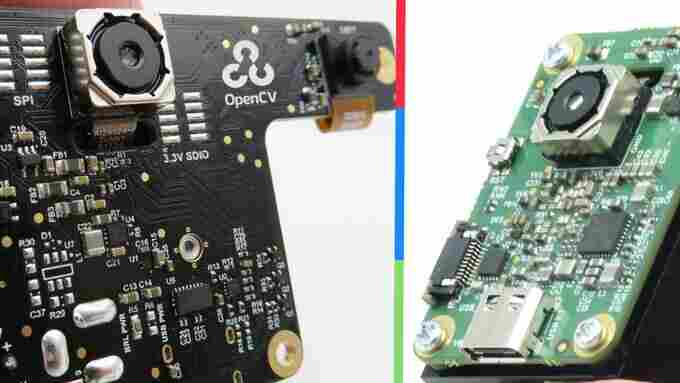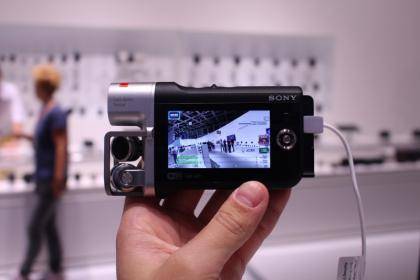OpenCV, an open source computer vision library, recently announced the crowdfunding launch of two OpenCV AI Kits (OAK-D and OAK-1). While it’s a bit unusual for a library to launch products, and on Kickstarter at that, these intriguing little gadgets could be the answer to many a DIY robot enthusiast’s prayers.

The onset of the “smart” device era has led to some fascinating DIY builds. We’ve seen modified Echo Dots host demonic versions of Alexa , and we even tried our hands at building our own virtual assistant . Back when we were stunned by DIY Alexa builds and other gadgets that could listen , computer vision was still just short of inaccessible to most enthusiasts. I’m happy to report that those days appear to be over.
Credit: OpenCV, Luxonis
Adding the robot equivalent of human sight to a gadget, complete with spatial recognition and depth perception, requires a little more oomph than your average Raspberry Pi tutorial project. You need a robust AI system and hardware capable of running it, not to mention the cameras.
OpenCV and Luxonis created the OAK boards to solve this problem. Essentially, they’re (almost) plug-and-play eyeballs for gadgets. They feature on-board AI processing so you don’t have to connect anything to the cloud and it uses USB-C for both power and data.
Credit: OpenCV, Luxonis
The kits come in two variants, a single camera “OAK-1,” which isn’t capable of true spatial recognition, and the three-camera “OAK-D” that is. Eventually they’ll retail for $199 and $299 respectively – presumably after they launch later this year.
You can get all the specs and other information on the Kickstarter page , including the discounted pricing for early-bird funders.
Keep in mind there’s always a chance that a crowdfunded gadget won’t make it to production, but the OAK boards were funded within 20 minutes of going live, and the campaign has surpassed its $20K goal by more than $300K in just three days. This is as safe a bet as you can get, especially considering the company has delivered on its past campaigns.
Check out the OpenCV website here for more information.






Leave a Reply